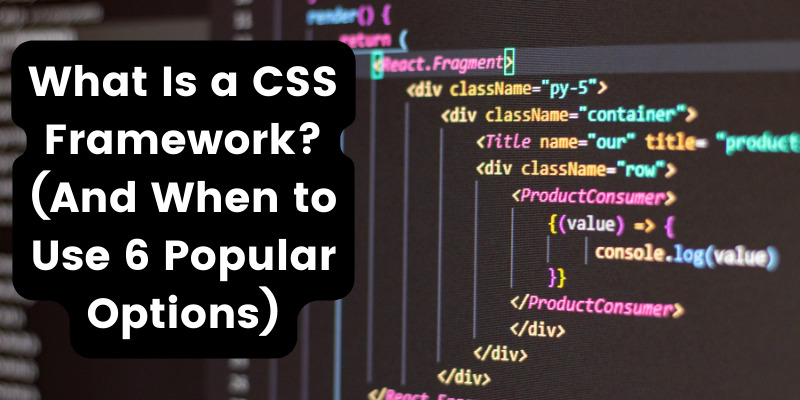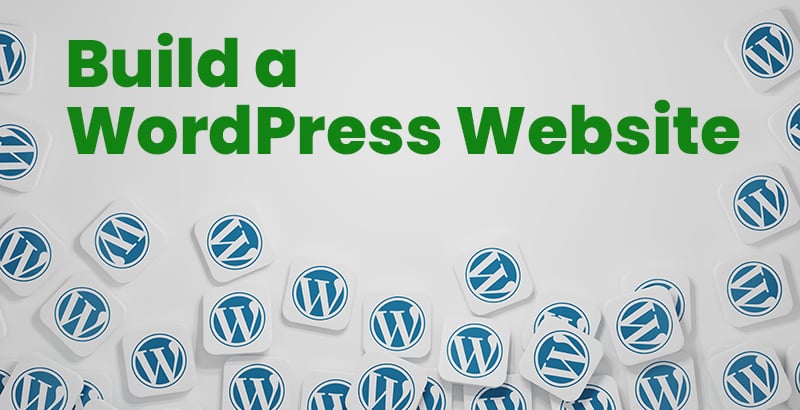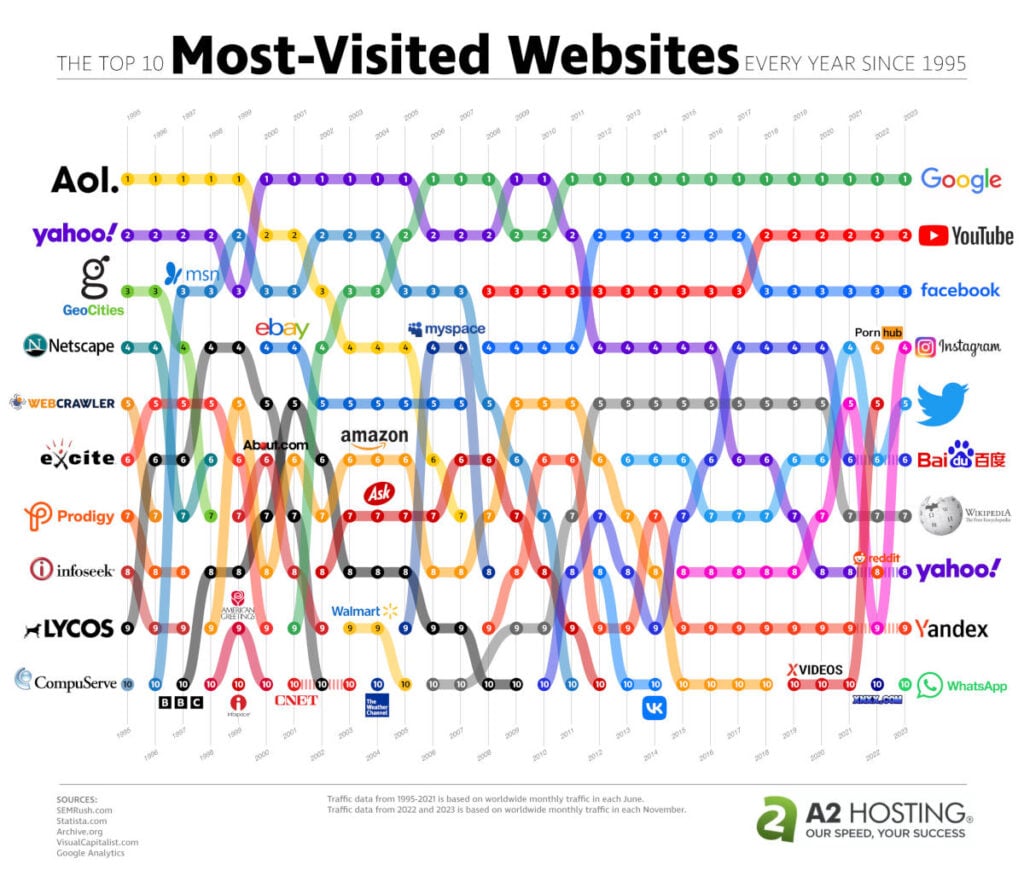- Jul 25, 2014
 0
0- by A2 Marketing Team
WordPress is a pretty straightforward content management system (CMS) for blogging. It’s fairly quick out of the box, but WordPress has a community of developers that have made plugins to allow WordPress to do pretty much anything you want. The downside of having so many options for plugins is that we, as webmasters, tend to want to install every plugin we can get our hands on.
When we overload our site with plugins that do everything we think we need, each time a page loads, the site is doing everything. This causes slower and slower page load times each and every time we add a new plugin. Each and every time a page loads on your site, each installed plugin executes the code and database calls necessary to perform its task. Unfortunately, most plugins are not coordinated to work with each other and many of the same database and function calls will be repeated over and over again by different plugins. This definitely slows down your site. Adding a few plugins to your site can increase your page load time by double, triple or even more. Having one plugin that does everything is not always the solution either, since the plugin may do more than you need and can be slower.
There are several plugins that can help speed things up though and some that can even help you identify what is slowing down your site. At A2 Hosting, we recommend the W3 Total Cache plugin as a way to speed up delivery of pages on your site. By saving a copy of each page’s HTML on the hard drive, W3 Total Cache allows your site to skip a few steps in processing a request from a user. The site stores this cached version of the page until either new content has been added to the site or the page has reached a maximum age. At this point the next time the page is viewed, a new cached page is created. W3 Total Cache can also enable tools that reduce the file size of pages sent to your users making your site faster especially for users with slow internet connections.
The Plugin Performance Profiler (P3) plugin (please note that this plugin is no longer maintained and does not support PHP 7) is a great tool for identifying which plugins you have installed that may be slowing down your site. This simple tool measures the time it takes for each page on your site to load and which portion of that time each of your installed plugins has used. You can quickly identify any plugin that is a CPU hog. GT Metrix is another performance monitoring plugin which allows you to see where your site is using the most resources. Check our our Knowledge Base article on “How to optimize WordPress with W3 Total Cache and GTmetrix“.
The next time you log into your WP admin, take a look at the list of plugins that you have installed and make sure that you need all of them. If you no longer use a plugin, make sure you both deactivate and delete it. You may notice a nice little performance boost on your site.









